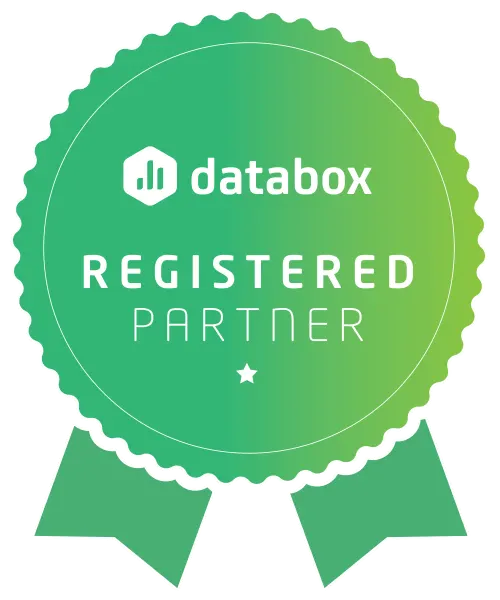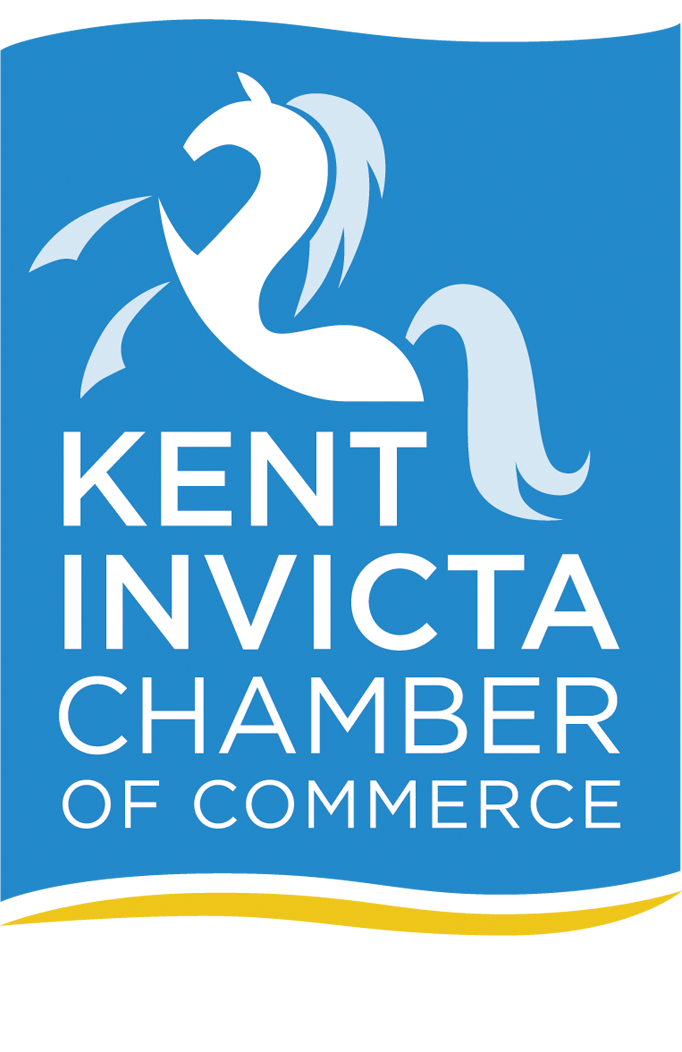What is the difference between paid and organic search?
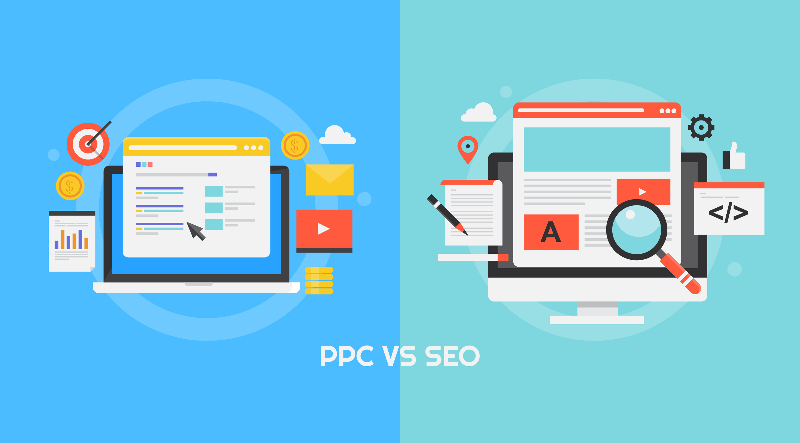
Paid and organic search strategies are two different approaches to driving traffic to your website through search engines. While both methods can be effective, they have different advantages and disadvantages, and it is important to understand the differences between the two.
Paid search involves paying for advertising space on search engine results pages (SERPs). This can take the form of pay-per-click (PPC) advertising, where you only pay when a user clicks on your ad, or cost-per-impression (CPM) advertising, where you pay for every 1,000 times your ad is displayed.
Organic search, on the other hand, involves optimising your website and content to appear in the regular search results. This includes techniques like keyword research, on-page optimisation, and link building, among others.
Here are some of the key differences between paid and organic search strategies:
Cost: The most obvious difference between paid and organic search strategies is the cost. With paid search, you pay for every click or impression, which can add up quickly. Organic search, on the other hand, is free, although it does require time and effort to optimise your content.
Speed: Paid search can generate traffic to your website much more quickly than organic search. With paid search, you can have your ads up and running in a matter of hours, whereas organic search can take weeks or even months to see results.
Sustainability: Organic search is a more sustainable long-term strategy than paid search. With paid search, your ads will only run as long as you're paying for them. Once you stop paying, your traffic will drop off. With organic search, however, the results are more permanent, and you can continue to generate traffic to your website long after you've optimised your content.
Control: Paid search gives you more control over where and when your ads are displayed. You can target specific keywords, locations, and demographics, and you can set your budget and bid on keywords. With organic search, you have less control over where and when your content appears, although you can still optimise it for specific keywords and topics.
Credibility: Organic search results are generally seen as more credible than paid search results. Users are more likely to trust the results that appear naturally in the search results than those that are paid for. This can make organic search a more effective strategy for building brand awareness and reputation.
Ultimately, the best strategy will depend on your specific goals and budget. Paid search can be a great way to generate traffic quickly and target specific demographics, while organic search can be a more sustainable long-term strategy for building credibility and reputation.
What to include in a paid search strategy
A paid search strategy typically involves the following elements:
Keyword research: Identify the most relevant keywords for your business and target them in your ad campaigns. Use tools like Google Keyword Planner to find keywords with high search volume and low competition.
Ad copy and creative: Create compelling ad copy and creative that captures the attention of your target audience and encourages them to click on your ads. This includes headlines, descriptions, images, and videos.
Landing pages: Create landing pages that are specifically designed to convert visitors into customers. These pages should be optimised for the keywords you're targeting and should have a clear call-to-action (CTA).
Targeting: Use targeting options to reach your desired audience. This includes targeting by location, language, device, and demographics.
Bid management: Set bids for your keywords and monitor them to ensure that you're getting the best possible return on investment (ROI).
On the other hand, an organic search strategy typically includes the following elements:
Keyword research: Identify the most relevant keywords for your business and optimise your website and content around those keywords. This includes optimising your website's meta tags, headlines, and content.
Content creation: Create high-quality content that provides value to your target audience. This can include blog posts, videos, infographics, and other types of content.
Link building: Build high-quality backlinks to your website from other authoritative websites. This can help to improve your website's authority and search engine rankings.
Technical SEO: Ensure that your website is technically optimised for search engines. This includes factors like site speed, mobile responsiveness, and site architecture.
Social media: Use social media to promote your content and engage with your audience. This can help to build brand awareness and drive traffic to your website.
Overall, a paid search strategy is more appropriate for businesses that need to drive traffic quickly or want to target specific demographics. An organic search strategy is more appropriate for businesses that want to build long-term credibility and reputation in their industry. However, both strategies can be effective when used in combination with each other.
Calculating return on investment of paid advertising or SEO
Calculating return on investment (ROI) is an important part of evaluating the effectiveness of your paid advertising or search strategy. Here's how you can calculate the ROI of your paid advertising or search strategy:
Determine your revenue: Calculate the revenue generated from the campaign over a specific period of time. This includes all sales made as a result of the campaign.
Calculate your costs: Add up all the costs associated with the campaign, including ad spend, agency fees, and any other expenses related to the campaign.
Subtract your costs from your revenue: Subtract your total costs from your total revenue to calculate your net profit.
Calculate your ROI: Divide your net profit by your total costs and multiply by 100 to get your ROI as a percentage.
For example, let's say you spent £1,000 on a paid search campaign and generated £5,000 in revenue. Your net profit would be £4,000 (£5,000 - £1,000), and your ROI would be 400% (£4,000 / £1,000 x 100).
It's important to keep in mind that ROI is just one metric to evaluate the effectiveness of your paid advertising or search strategy. Other metrics, such as click-through rate (CTR), conversion rate, and cost per acquisition (CPA) can also provide valuable insights into the performance of your campaign.
How long will seo improvements take to show improved search ranking position?
SEO improvements can take varying amounts of time to show improved search ranking position, as it depends on a number of factors such as:
The current state of your website's SEO: If your website is already well-optimised for search engines, then improvements may result in faster improvements in search ranking positions. However, if your website has many technical issues or poor-quality content, it may take longer to see improvement.
The competitiveness of your industry: If you operate in a highly competitive industry, it may take longer to see improvements in search rankings because your competitors are also optimising their websites.
The size of your website: Larger websites may take longer to see improvements in search rankings because there are more pages to optimise and search engines need time to crawl and index all the pages.
The frequency and consistency of SEO efforts: Consistent efforts to improve SEO, such as regular content updates and link building, can lead to faster improvements in search rankings.
In general, SEO improvements can take several weeks to several months to show improved search ranking position. It's important to be patient and continue to monitor your search rankings and website traffic over time to see the impact of your SEO efforts. Find out about the SEO Services we offer.
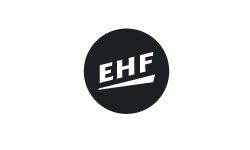
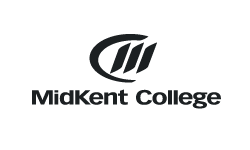

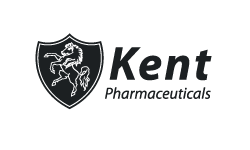
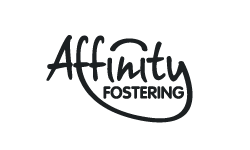
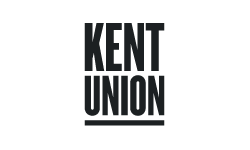
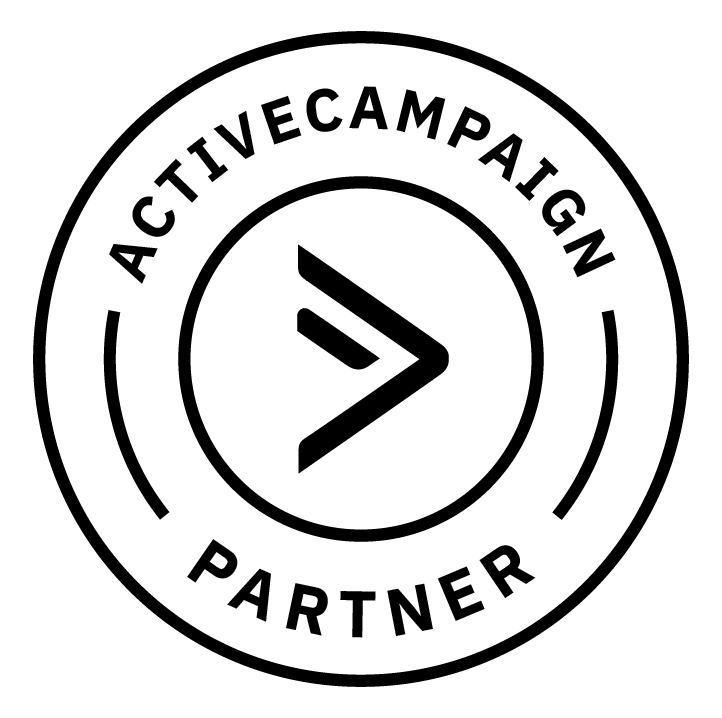
.png)
